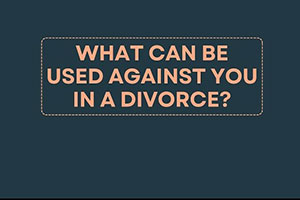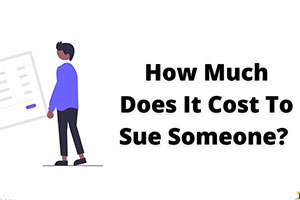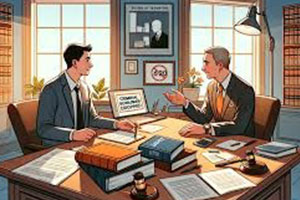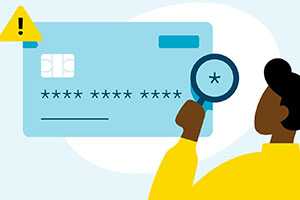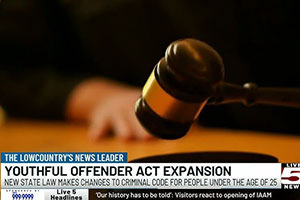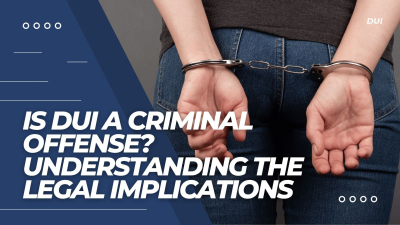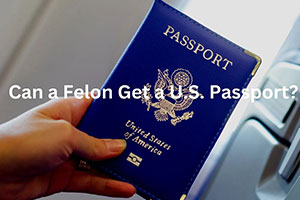“Zealous Witnesses: Too Much of a Good Thing?”
Criminal Law | by
Hey there! So, you’ve stumbled across the term “zealous witness” and are scratching your head, wondering what on earth that could mean in the realm of law. Is it a witness who’s overly enthusiastic? Someone who supports their side with a bit too much vim and vigor? Well, you’re not too far off. Let’s break it down and see what being a zealous witness entails and why, sometimes, less is more when it comes to zeal in the courtroom.
The Zeal Deal
In the legal world, zeal is a double-edged sword. On one side, lawyers are often commended for their zealous representation of clients. It’s seen as a positive, showing dedication and a strong will to advocate on their client’s behalf. However, when we shift this concept over to witnesses, the narrative changes.
A “zealous witness” typically refers to someone who, either due to their close relationship with the case or their strong personal feelings about the outcome, might overstep the bounds of objectivity and neutrality expected in testimonies. They could be overly eager to support the case of the party calling them to testify, potentially bending the truth or omitting facts to fit the narrative.
The Problem with Overzealous Witnesses
- Credibility Issues: The key to a compelling testimony? Credibility. And nothing undermines credibility faster than a witness who seems too eager to please one side. Jurors and judges are sharp; they can sense when someone’s pushing the envelope a bit too much.
- Bias Backfire: In law, the appearance of bias can be as damaging as actual bias. A witness who’s perceived as trying too hard to support one party can inadvertently cast doubt on their testimony, making the jury skeptical of their statements, no matter how truthful they might be.
- Cross-Examination Fodder: Give a seasoned lawyer an overzealous witness, and watch the cross-examination fireworks. They’ll use this zeal to question the witness’s objectivity, poking holes in their testimony and potentially turning it against the very party the witness aimed to support.
Striking the Right Balance
So, what’s the secret sauce for being a good witness? Balance. It’s about presenting the facts as you know them, clearly and without undue embellishment. Here are a few tips for witnesses (and the lawyers prepping them) to avoid falling into the zeal trap:
- Stick to the Facts: Your job isn’t to convince the jury but to inform them. Let the facts speak for themselves.
- Be Prepared: Know what you’re going to say, and anticipate questions. The better prepared you are, the less likely you’ll feel the need to overcompensate with zeal.
- Stay Calm and Collected: Emotions can fuel zeal. Keeping a level head helps maintain credibility.
The Lawyer’s Role
It’s not just on the witnesses; lawyers play a crucial role in managing witness zeal. Through effective witness preparation, attorneys can help ensure that their witnesses understand the importance of neutrality and objectivity. It’s about guiding them to be effective communicators, not cheerleaders.
Final Thoughts
In the courtroom drama of life, being a zealous witness might seem like playing the hero role. But the reality is, justice isn’t a screenplay looking for dramatic performances. It’s a complex process seeking the truth. And often, that truth is best served with a side of calm, collected, and credible testimony.
Remember, whether you’re on the stand or prepping someone to take it, the goal is clear, straightforward honesty. Let the zeal for justice be shown through the strength of the facts, not the fervor of the witness.
